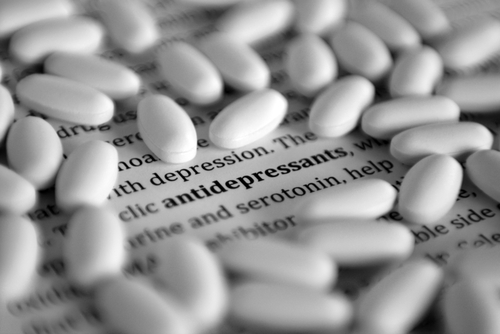 The widely held belief that depression is caused by low levels of serotonin and that certain antidepressants raise the levels of this neurotransmitter, is a myth, according to a psychiatrist in an editorial article in The BMJ this week.
The widely held belief that depression is caused by low levels of serotonin and that certain antidepressants raise the levels of this neurotransmitter, is a myth, according to a psychiatrist in an editorial article in The BMJ this week.
In fact, David Healy, a professor of psychiatry at Bangor University in Wales and author of Let Them Eat Prozac: The Unhealthy Relationship Between the Pharmaceutical Industry and Depression, contends that psychiatrists still don’t have a clear understanding of how selective serotonin reuptake inhibitors (SSRIs) precisely work. SSRIs are a class of several drugs for mood disorder — they include citalopram (Celexa), fluoxetine (Prozac) and sertraline (Zoloft).
Healy writes that the link between low levels of serotonin and depression has been “the marketing of a myth” perpetuated by pharmaceutical companies after the 1980s, when concerns emerged about tranquilizer dependence.
“Drug companies marketed SSRIs for depression,” writes Healy, “even though they were weaker than older tricyclic antidepressants, and sold the idea that depression was the deeper illness behind the superficial manifestations of anxiety.” Healy describes the approach as an “astonishing success, central to which was the notion that SSRIs restored serotonin levels to normal, a notion that later transmuted into the idea that they remedied a chemical imbalance.”
Despite the idea that SSRIs restore abnormal serotonin levels in the brain isn’t substantiated by evidence, this thinking persists because it was adopted by physicians as a simple way to communicate the disorder and its treatment to patients, according to Healy. And that led to what he calls a “costly distraction,” where meanwhile, “more effective and less costly treatments were marginalized.
“The success of the SSRIs pushed older tricyclic antidepressants out of the market.”
That said, Healy stresses that serotonin “is not irrelevant.” But, he says, that the marketing history of SSRIs raises questions about whether “a plausible but mythical account of biology and treatment” has allowed physicians to “put aside clinical trial data that show no evidence of lives saved or restored function.”
More than 30 million Americans — one in 10 Americans — take an antidepressant medication.
Filed Under: Drug Discovery



